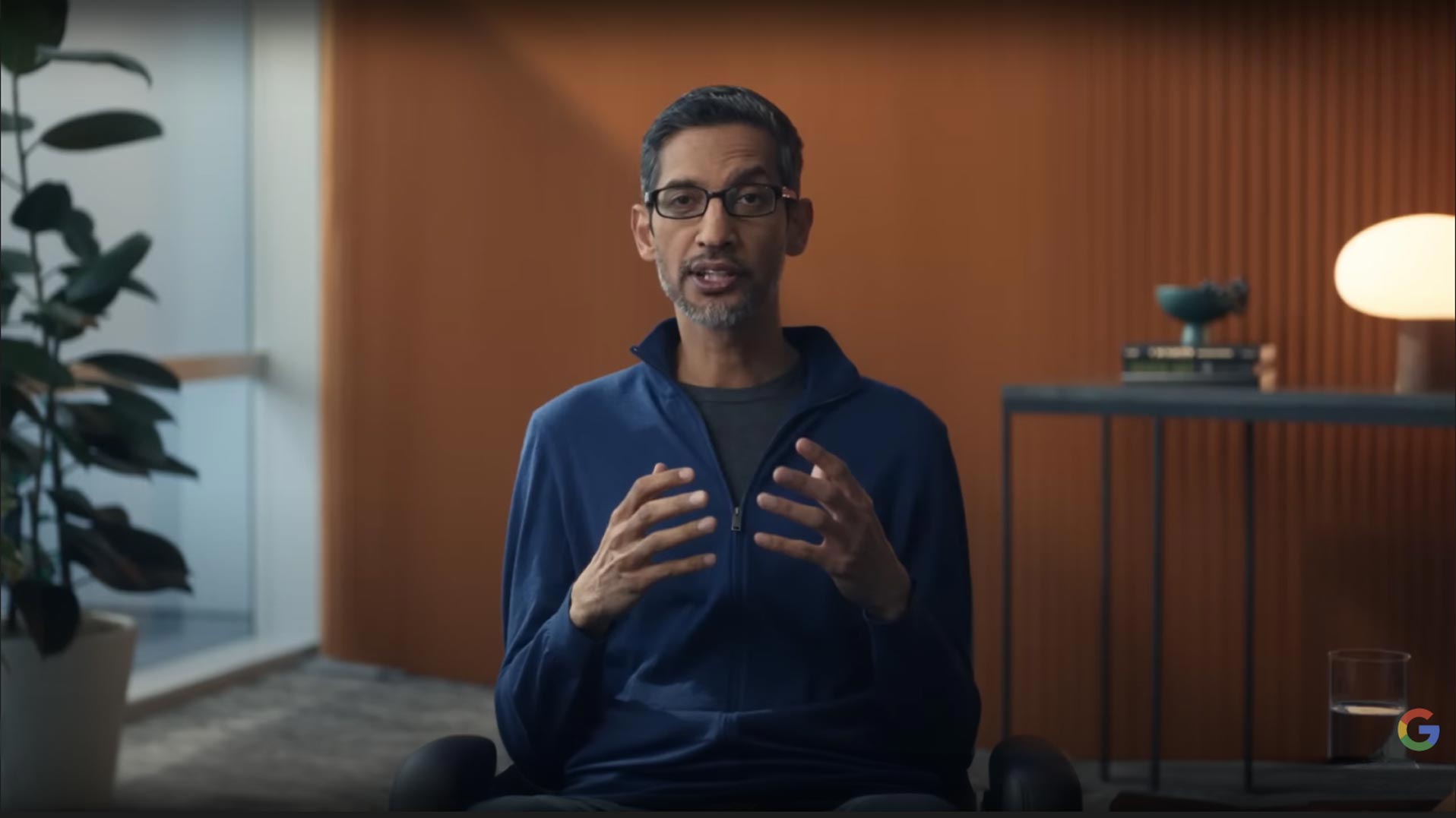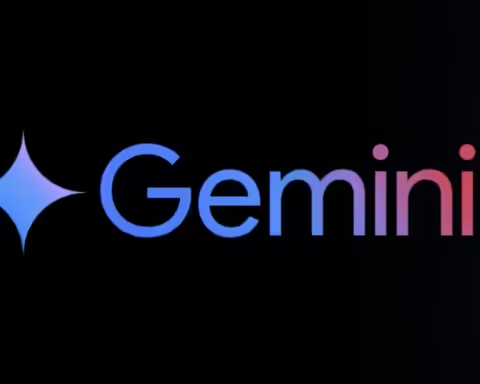Gemini is Google’s latest and most advanced AI model, developed by Google DeepMind.
This advanced AI model is not just another incremental step, it’s a giant leap in artificial intelligence technology. With its unparalleled multimodal capabilities, Gemini can process and understand a diverse array of information, including text, audio, images, and video. The model comes in three versions, each optimized for different applications:
- Gemini Ultra: This is the largest and most capable version, designed for complex tasks.
- Gemini Pro: A versatile model suitable for a broad range of tasks.
- Gemini Nano: The most efficient version, intended for on-device tasks, like those on smartphones.
One of Gemini’s standout achievements is its performance on various AI benchmarks. For instance, Gemini Ultra has outperformed human experts and other AI models in the Massive Multitask Language Understanding (MMLU) benchmark, achieving a score of 90.0% where an “expert level” human is expected to achieve 89.8%.
Practical Applications?
In the real world, Gemini is already making an impact. The Gemini Nano version powers features in the Pixel 8 Pro, like the Recorder app’s AI summarization and Gboard’s Smart Reply, showcasing its efficiency in mobile environments. Additionally, the Pro model is set to revolutionize Google’s Bard chatbot, with plans to integrate the more advanced Ultra model soon.
As a natively multimodal AI, it can convert any type of input into any desired output, showcasing an unprecedented level of flexibility. Whether it’s processing and understanding raw audio signals end-to-end, unlocking insights in scientific literature, or explaining complex reasoning in math and physics, Gemini does it all with an ease that was previously unimaginable.
From my pov. Gemini is not just pushing boundaries, it’s kind of redefining them, promising a future where the potential of AI is limited only by our imagination.
More details here: Gemini – Google DeepMind





